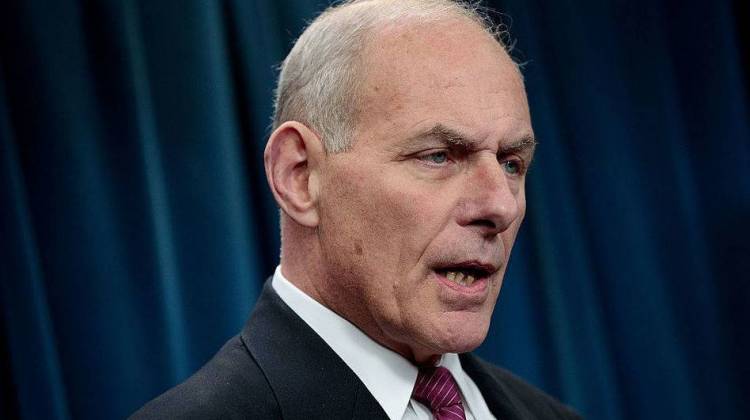
Secretary of Homeland Security John Kelly answers questions during a news conference on Tuesday in Washington, D.C.
Drew Angerer/Getty ImagesHomeland Security officials are defending the Trump administration's executive order on immigration and refugees, along with its implementation.
At a news conference Tuesday, DHS Secretary John Kelly said the order creates a "temporary pause" as officials "assess the strengths and the weaknesses of our current system." He was adamant in saying that the order "is not — I repeat — not a ban on Muslims."
The controversial executive order suspends new refugee admissions for 120 days, and blocks travelers from seven Muslim-majority countries — Iraq, Iran, Syria, Yemen, Sudan, Libya and Somalia — for 90 days. Syrian refugees are banned indefinitely.
The Trump administration immediately faced legal challenges from advocacy groups that say the order is discriminatory toward Muslims, an accusation that Kelly denied. At least one U.S. state, Washington, has filed a lawsuit seeking an emergency stay of the order.
The executive order, issued Friday, has also garnered criticism for its chaotic and seemingly uneven initial implementation.
"I think it's fair to acknowledge that communications — publicly and inter-agency — haven't been the best in the initial rollout of this process," said Kevin McAleenan, acting commissioner of U.S. Customs and Border Protection.
However, the officials largely defended the order's implementation, saying they immediately took action to implement provisions.
One area of confusion has been the status of green card holders, or lawful permanent residents, from the seven countries. McAleenan says they develop a waiver process "over a matter of hours Friday night to Saturday afternoon":
"Under the executive order, Section 3, there's a provision for granting waivers when it's in the national interest. So lawful permanent residents are technically covered in the executive order as immigrant visa holders. We worked quickly with counsel to devise a waiver process.
"The secretary has given guidance that returning residents, their status as an LPR in the U.S., is dispositive, that it's in the national interest to welcome them home. So once we got that guidance, we were able to delegate the authority to grant a waiver out to the field and were able to clarify with the carriers that these folks were allowed to board."
In the first 72 hours of the order, McAleenan says that 1,060 lawful permanent residents obtained such waivers, in addition to 75 waivers for "immigrant visa and non-immigrant visa holders." He adds that 721 travelers with visas from the seven specified countries were not allowed to board.
Now, he says, green card holders and special immigrant visa holders are able to board flights and "will be processed for a waiver upon arrival." Other travelers from the seven countries won't be able to get on U.S. bound flights and will be "referred to the Department of State for further process."
An additional source of confusion has been the status of dual nationals. McAleenan says those travelers will be "assessed at our border based on the passport they present, not any dual national status." For example, he says, a citizen of both the U.K. and one of the listed countries can present a U.K. passport and not be subject to the order.
Kelly denied reports that DHS was caught off guard by the order, stating he had been expecting it for the past year and a half to two years because of Trump's comments during his campaign.
He says he learned "probably Thursday" that the order would be signed the following day and notes that "certainly, if you really, you know — if you really want to know what was in the executive order, just read the newspaper the day before and you'd find out."
"People on my staff were generally involved," Kelly adds.
9(MDEwMDc1MzM3MDEzNDczOTA0MDc1MzViMQ001))
 DONATE
DONATE






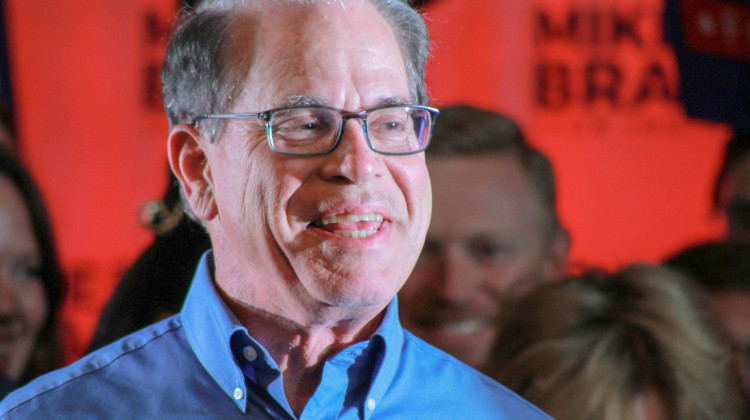
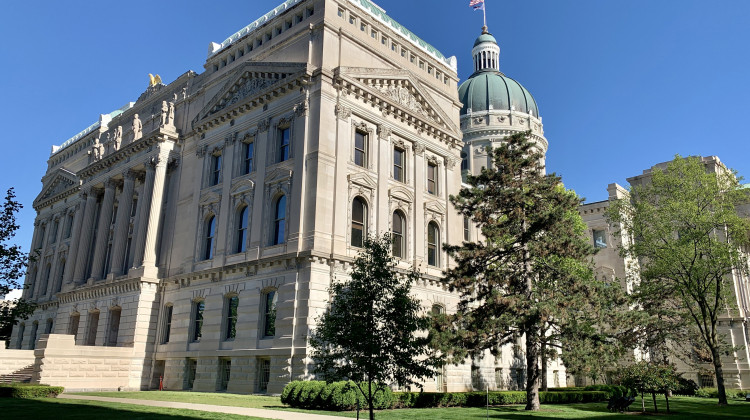

 View More Programs
View More Programs
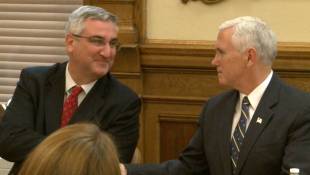
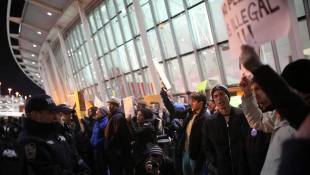

 Support WFYI. We can't do it without you.
Support WFYI. We can't do it without you.